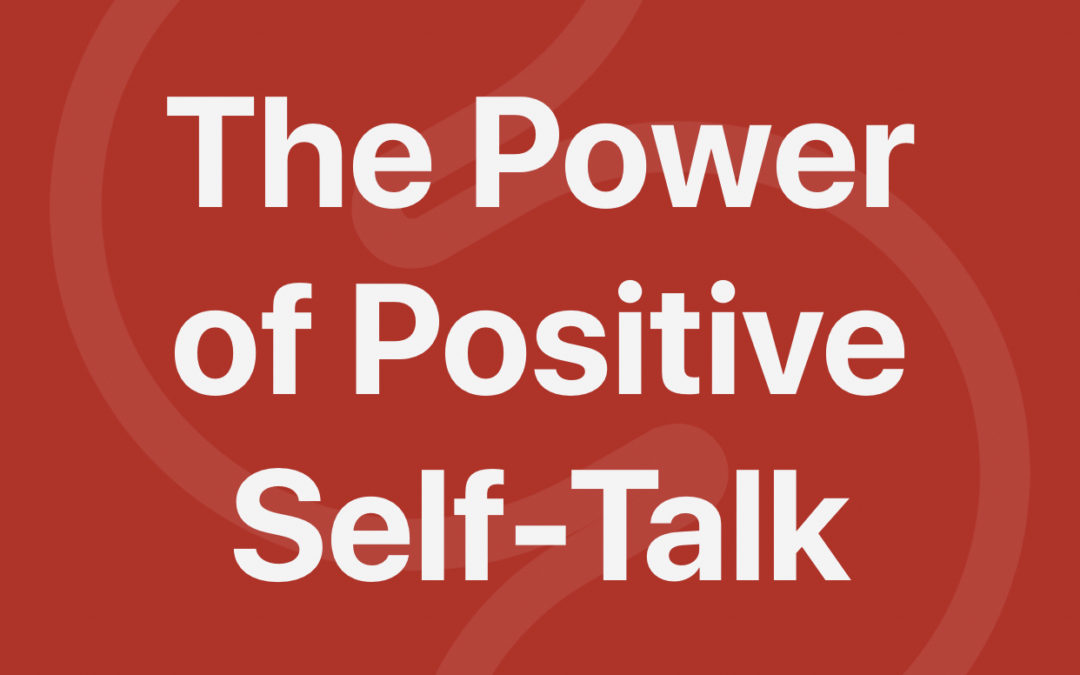We all talk to ourselves. From a young age children talk to themselves, and often do so out loud. Educators have observed that this private speech helps young children self‐regulate, so they can focus their attention and guide their behavior, especially when they encounter challenging tasks.
As we mature, we continue to talk to ourselves, however, our talk tends to become silent and unconscious. Self-talk is often critical of ourselves and others. We are creatures of habit and our internal dialog becomes patterns of speech that guide our thought process and create personal themes, good and bad, on a daily bases.
Metacognative Strategies
Children can develop negative self-talk that affects their self esteem and abilities. “I’m a lousy speller.” Or “I’m junk at math.” Enter child psychologists with Metacognative Strategies. Metacognative is a fascinating word that means self awareness of one’s thought process.
A major component of metacognition is self-talk. In the article below, psychologists describes how children are taught positive self-talk. They teach grammar school kids how to use affirmations to over come anxieties and improve their skills and their grades.
Who’s the Boss of your Brain?
The SuccessMode mind set utilizes Metacognative Strategies and tools like affirmations and visualizations to create positive self-talk that helps achieve goals and aspirations. The bottom line is we are talking to ourselves any way. We might as well take control and stir the conversation towards achieving desirable results. Affirmations become personal themes that guides our behavior and hence our lives. Check out the SuccessMode App for tools that make positive self-talk fun and easy.
“The quality of your thoughts guides the quality of your life.”
Simple Metacognitive Strategies to Help Anxious Learners Succeed
Click on the link below to see more details
https://www.edutopia.org/



Recent Comments